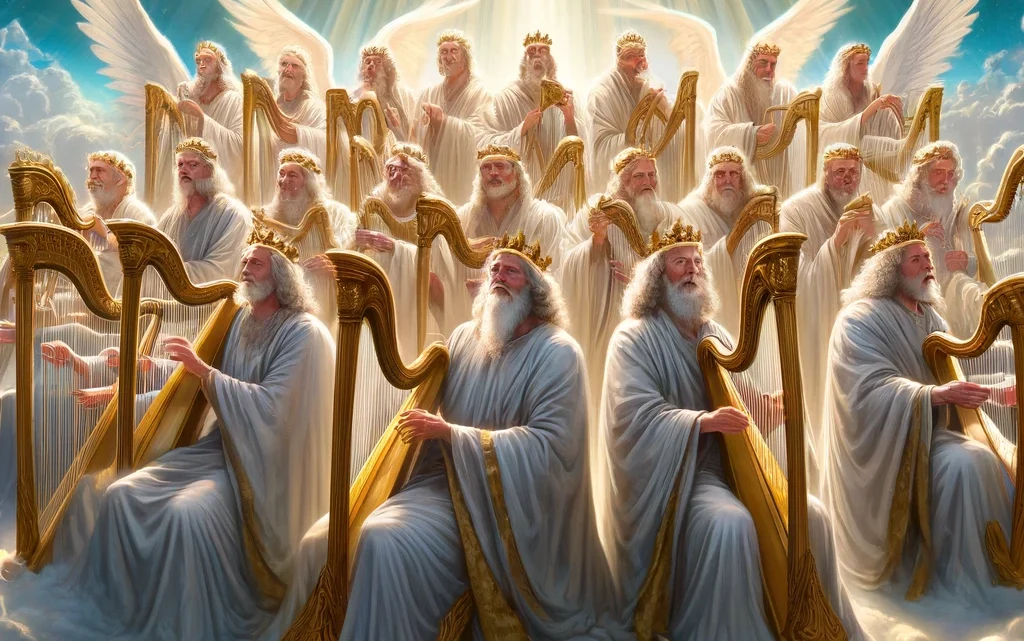“The Power of Praise: The Significance of Music in Biblical Worship and Prophecy”


Introduction
Music plays a significant role in the Bible, from worship and celebration to prophecy and spiritual warfare. It can unite people, soothe troubled souls, and elevate spiritual experiences. This post explores the importance of music in biblical times, showing how it shaped worship and had prophetic significance.
Music in Worship and Celebration
• Exodus 15:1-21: The Song of Moses and the Song of Miriam are among the earliest recorded songs in the Bible. These songs were sung to celebrate the Israelites’ victory over the Egyptians at the Red Sea. This moment of communal worship through music set a precedent for the role of songs in celebrating God’s deliverance.
• Psalm 150: This psalm is a call to worship with music, listing various instruments, including trumpets, harps, tambourines, and cymbals. It emphasizes that everything with breath should praise the Lord, demonstrating music’s central role in worship.David: The Musician and Worshiper
• 1 Samuel 16:14-23: David, known for his musical talent, used music to soothe King Saul’s troubled spirit. This story illustrates music’s calming and healing power, showing that it can bring comfort in times of distress.
• 2 Samuel 6:14-16: David’s exuberant dance and music-filled procession as the Ark of the Covenant was brought into Jerusalem exemplify his devotion to God. Despite being criticized by Michal, Saul’s daughter, David declared that he would celebrate before the Lord without restraint. This account highlights the joyous and unifying nature of musical worship.Music in Prophecy and Spiritual Warfare
• 2 Kings 3:15-16: Elisha, a prophet, called for a minstrel to play music before delivering a prophecy. This connection between music and prophecy indicates that music can create an atmosphere conducive to spiritual insights and revelations.
• Joshua 6:3-5: The story of the fall of Jericho involves the use of music in spiritual warfare. The Israelites were instructed to march around the city, blowing trumpets, before the walls fell. This unique use of music demonstrates its power in battle and its role in divine intervention.Music in the New Testament
• Acts 16:25-26: Paul and Silas, while imprisoned, sang hymns to God. As they sang, a great earthquake shook the prison, leading to their release. This event illustrates the spiritual power of music, even in challenging circumstances.
• Revelation 5:8-10: In this vision, the twenty-four elders and the four living creatures sing a new song in heaven, praising the Lamb for His redemptive work. This scene shows the continued importance of music in worship and prophecy, even in the heavenly realms.Implications for Today
The significance of music in the Bible offers valuable insights for contemporary worship and spiritual life. Music has the power to unite, heal, and inspire, and its role in biblical times can guide modern believers in using music as an expression of faith. Whether through traditional hymns, contemporary worship songs, or other musical forms, the Bible encourages us to use music to honor God and inspire others.
Conclusion
Music has always been an integral part of biblical worship, prophecy, and spiritual warfare. Its ability to uplift, comfort, and unify underscores its enduring importance in the life of believers. By exploring the various roles of music in the Bible, we can better appreciate its significance and find new ways to incorporate it into our spiritual practices.

